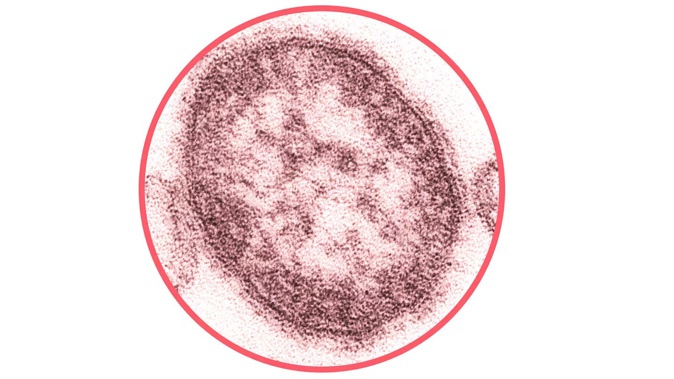
Two Waikato children thought to have caught measles are not infected.
Te Whatu Ora health officials confirmed the positive case of measles reported yesterday does not have measles as first suspected, after further testing.
The child had symptoms of measles and initial testing indicated a positive measles infection. The second probable case of measles also returned a negative result.
The updated test results mean there are no known cases of measles in the community.
Regional clinical director Dr William Rainger said both children are recovering well and are continuing to be supported by healthcare services,
“I would like to acknowledge and thank the affected whānau. They did the right thing by calling Healthline for advice as soon as they were concerned for their children’s welfare.
“Through this family’s quick thinking and full co-operation from them and identified close contacts health services were able to manage the situation efficiently and reduce the risk for others,”
Measles is a serious and highly contagious illness, which can affect adults as well as children and babies.
“With New Zealand being at high risk of a measles outbreak and our vaccination rates too low to prevent that from happening, our national and regional public health service teams must take any suspected case of measles very seriously.
“They responded rapidly to initial testing results and took appropriate actions to ensure close contacts were identified and people in the local community were notified of their potential increase in risk.”
The best protection against measles is two doses of the measles, mumps and rubella (MMR) vaccine – this provides lifelong protection in 99 per cent of people, Te Whatu Ora said.
The MMR vaccine is free for anyone aged 18 and under, and those over the age of 18 who are eligible for free healthcare in New Zealand.
Being immunised not only protects you but also those around you from becoming seriously ill and from spreading the disease to others.
“The fact that further testing indicates the child does not have measles after all, does not diminish the importance and the effectiveness of the actions undertaken by our public health officials over the past few days.
“I thank our health teams for their dedication to ensure that New Zealanders are given the most current information as quickly as possible to see that our people, particularly our most vulnerable, remain protected.”
Contact your doctor, nurse, pharmacy or healthcare provider to book a vaccination appointment.
Measles, flu, Covid-19 and whooping cough vaccines (for ages 13 and over) can be booked online through Book My Vaccine.
Measles symptoms:
- The first symptoms of measles are similar to Covid-19, or the common cold.
- The illness begins with fever, cough, runny nose, and sore red eyes (conjunctivitis).
- A rash appears 2-4 days after the first symptoms, beginning on the face and gradually spreading down the body to the arms and legs. The rash lasts for up to one week.
If you or someone in your family has measles symptoms, stay at home and call Healthline immediately on 0800 611 116 so you can get free advice and public health support.
Take your Radio, Podcasts and Music with you









